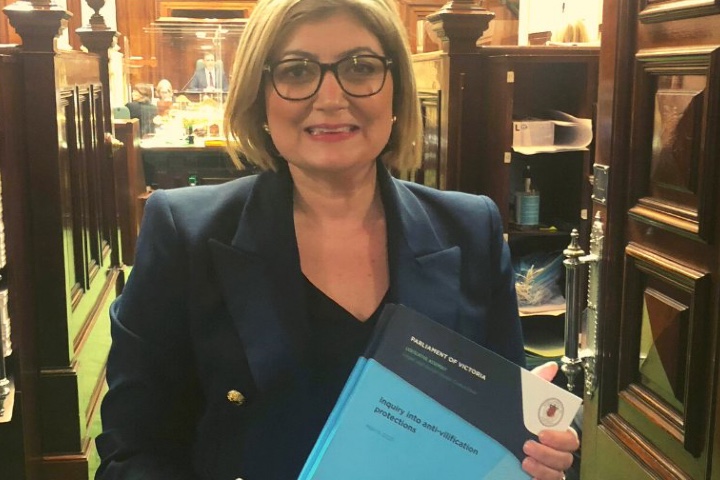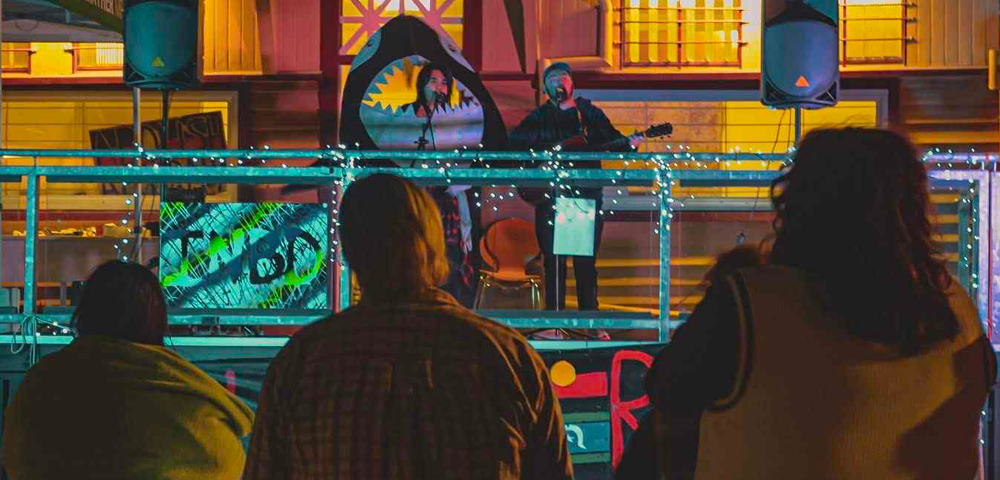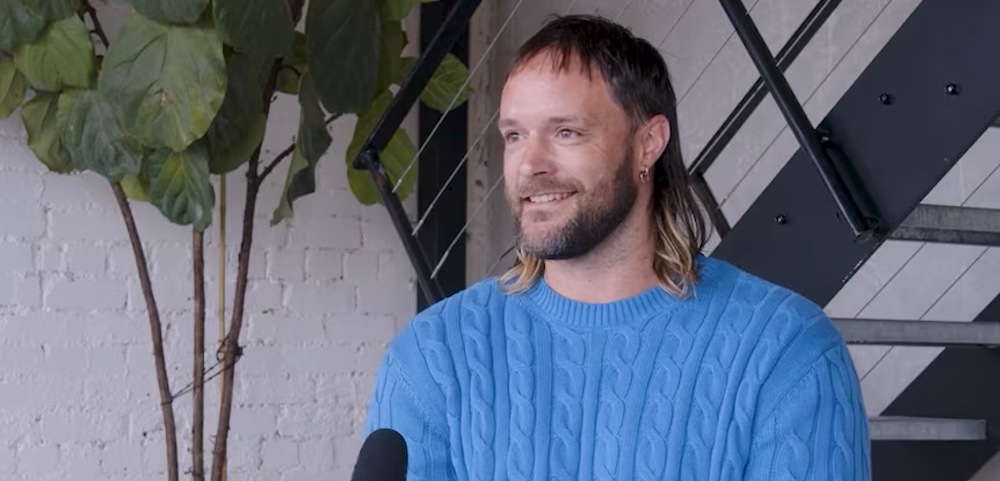
Ban Nazi Swastikas, Protect Queer People From Hate Crimes, Recommends Inquiry

In May 2020, vandals sprayed Nazi swastikas and homophobic graffiti on to the green at the Cranbourne Golf Club in Melbourne. If the recommendations made by a cross-Parliamentary committee that inquired into the effectiveness of Victoria’s anti-vilification laws are implemented, such vandalism could invite tough penalties.
The Legal and Social Issues Committee tabled its inquiry report before the Victorian Parliament on Wednesday. The inquiry was set up after the Victorian government was unable to stop a neo-Nazi music festival from going ahead in 2019. Premier Daniel Andrews had then termed it a “deficiency in the law”.
Chief among the committee’s 39 recommendations are a ban on the display of Nazi swastikas and other Nazi symbols in Victoria and strengthening the state’s anti-vilification laws to cover hate crimes against LGBTQI and other communities.
At present only ACT, Tasmania, NSW and Queensland have anti-vilification laws that cover the LGBTQI communities, either partly or wholly. There is no Commonwealth law or laws in Victoria, Northern Territory, Western Australia, or South Australia that protect LGBTQI communities from vilification.
Anti-Vilification Laws Fail To Deliver
The committee found that “prejudice and hate are still rife in Victoria, and our anti-vilification laws are failing to deliver upon its objectives and purposes”.
The committee which heard from people about their experiences of vilification, said it was unsettling to hear that even children at school were being targeted.
Hot off the press! 📰
I am proud to table the Legislative Assembly’s Legal & Social Issues Committee’s report into the effectiveness of Victoria’s anti-vilification laws.
Prejudice & hate is still on the rise in our society. #LALSIC
Watch live here: https://t.co/2UlFRp0hZk pic.twitter.com/SkBQ83LQsR
— Natalie Suleyman MP (@NatalieSuleyman) March 2, 2021
“We heard that vilification is common for many Victorians, including those who identify as Aboriginal and Torres Strait Islander, Muslim, Jewish, women, LGBTIQ+ or who have a disability. We heard that vilification and other prejudicial behaviour comes in many forms and is often frequent and repeated. For some groups, it is systemic and inter-generational. Most of us have experienced similar abuse and hate, especially online, and I am aware of how normalised this behaviour has become,” Natalie Suleyman, chair of the bipartisan committee said in the report
The committee noted that since the Racial and Religious Tolerance Act was enacted in Victoria two decades ago, there have been only two successful prosecutions under the law.
Anti-Hate Crime Laws Should Cover LGBTQI, PLHIV
The committee said that there was a need to strengthen Victoria’s anti-vilification laws and recommended “lowering the legal threshold for incitement-based vilification and introducing a harm-based vilification provision to make it easier to substantiate a complaint.”
The committee said that the state should criminalise the public display of Nazi ideology, including Nazi swastikas. It further recommended that anti-vilification provisions in both civil and criminal laws should cover race and religion, gender and/or sex, sexual orientation, gender identity and/or gender expression, sex characteristics and/or intersex status, disability and HIV/AIDS status.
The committee recommended an expansion of the Report Racism hotline to include LGBTQI+ youth who experience harassment at school.
In response to submissions made before it that the maximum punishment of six months should be increased to five years imprisonment, the committee sought a review of the penalties for serious vilification offences.
The committee also asked the government to explore ways to address online vilification and strengthen the regulatory as well as enforcements powers of the Victorian Equal Opportunity and Human Rights Commission under the Equal Opportunity Act 2010 so that the burden is not on the individual.
Law Reforms Overdue
LGBTQI rights and advocacy organisations welcomed the recommendations saying reforms to tackle hate crimes were long overdue.
MEDIA RELEASE: Victorians warmly welcome recommendations to protect against hate https://t.co/sp5R49NwMD
— Equality Australia 🌈 (@EqualityAu) March 3, 2021
“Over one in three LGBTIQA+ Victorians have experienced harassment in a public place in the last year, so recommended reforms to protect our communities from the harms of hate speech are long overdue but very welcome. The burden should not be put squarely on our already marginalised communities to speak up and speak out, so it is important that the Government follows through with reforms to increase the investigatory powers of the Human Rights Commission,” said Nevena Spirovska, Co-Convenor, Victorian Pride Lobby.
Rise In Hate Crimes and Speech Against LGBTQI Community
A 2015 report by the Australian Human Rights Commission had revealed that 75% of LGBTQI people in Australia and experienced bullying, harassment or violence on the basis of the sexual orientation or gender identity. A large majority – 80% – of the homophobic verbal and physical abuse occurs at schools. LGBTQI people are also less likely to report abuse or violence to the police.
In its submission before the committee, Jewish LGBTI organisation Aleph Melbourne reported increasing attacks on the community since 2001, both in print and on social media.
“It is significant that the Inquiry into anti-vilification protections has contrasted vilification targeting a person’s faith and vilification targeting a person because they may be LGBTIQ+,” Michael Barnett, co-convenor of Aleph Melbourne told Star Observer.
“If you accept that all vilification is unacceptable, then to my thinking, to provide protection on faith, an aspect of a person’s life that is not an innate part of their being given that people may assume a faith or leave a faith variously throughout their life, and at the same time not provide protection on an innate part of their identity as an LGBTIQ+ person is plainly unjust and discriminatory. I applaud the inquiry’s recommendation to extend the anti-vilification protections for attributes relevant to LGBTIQ+ people and also to those people living with HIV/AIDS,” said Barnett.
Anna Brown, CEO of Equality Australia pointed out that during the marriage postal survey there had been a disturbing rise in hate-based crime and hate speech against LGBTQI+ people. “We need laws that ensure everyone can participate fully in their community, school or workplace without fear or attack, no matter who they are or whom they love”, said Brown.









